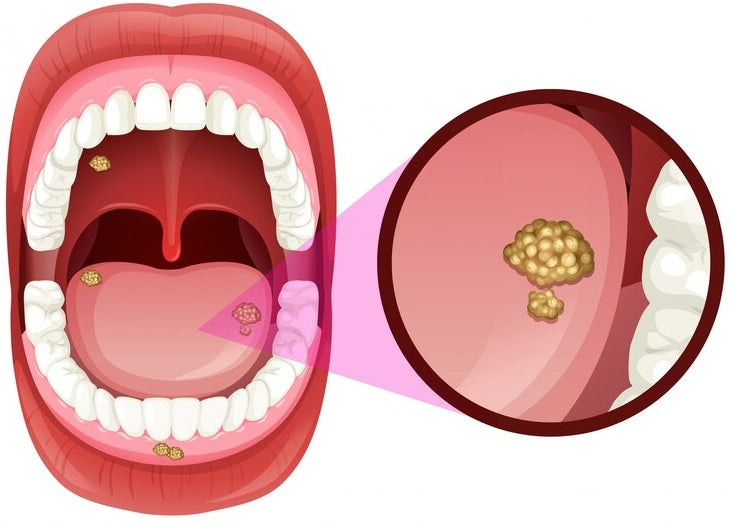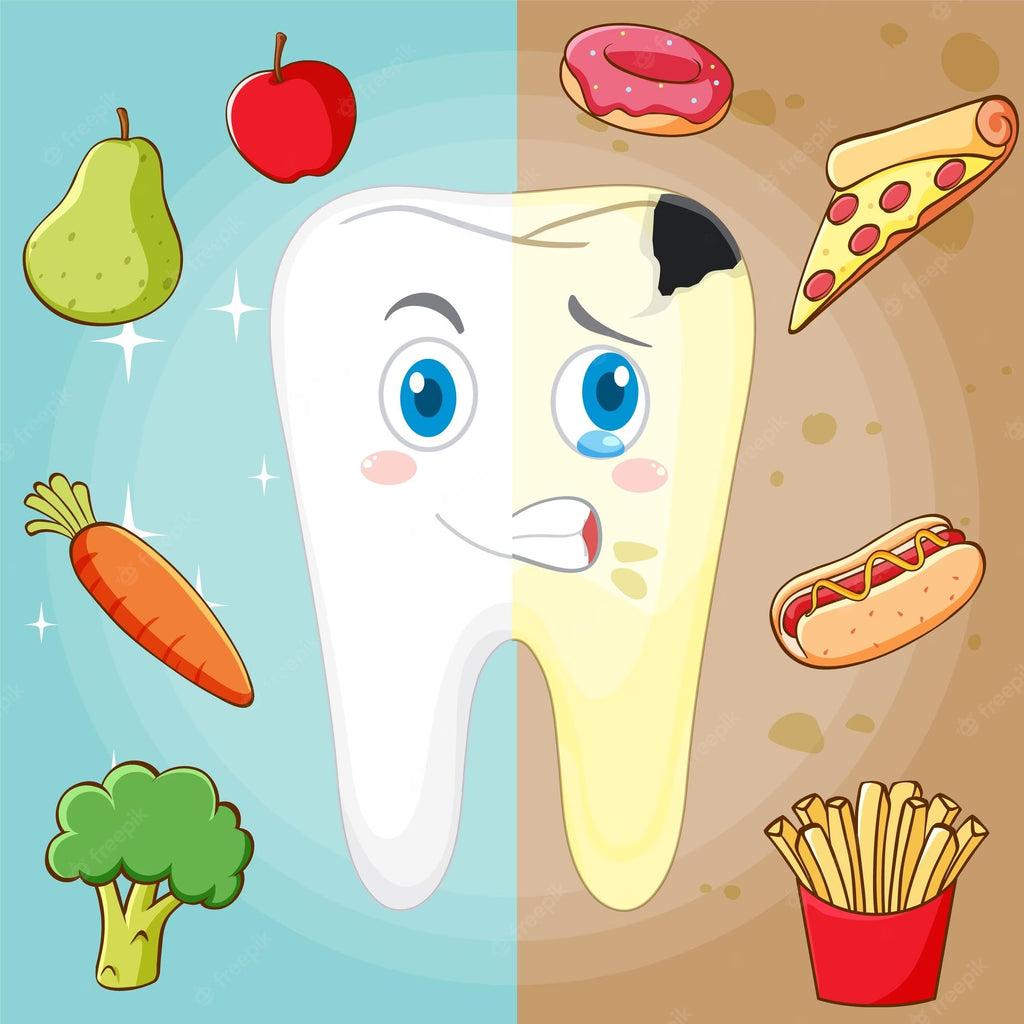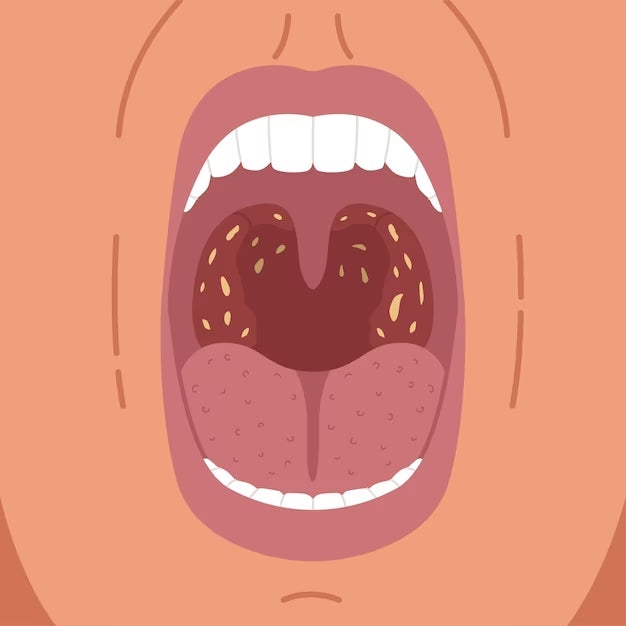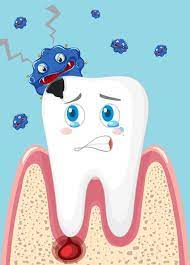Six Indicators Your Dental Implant Is Infected
-
Most problems with dental implants come from infections. A typical implant of an infection is peri-implantitis. Any such an infection is a type of periodontal (gum) illness that if left untreated can result in irritation, bone loss, and implant failure. Implant infections are brought on by bacteria and might occur instantly after implantation or months and even years later. Moreover, in case your dentist didn’t use titanium dental implants, an infection can develop because of the poor high quality of the implant materials used.
In case you have dental implants and suppose they may be contaminated, lookout for the next indicators:
- Bad taste/ breath: When low-quality implants are contaminated, they may emit an odor and trigger bad breath and a horrible style. For those who style something out of the strange or your breath doesn’t enhance after brushing and flossing, your implant may be contaminated.
- Pink or swollen gums: Gums that can be purple and swollen are key indicators of implant infection. In case your gums don’t seem bodily swollen, they could be swollen to the contact.
- Issue chewing: For those who would not have titanium dental implants, you will have hassle chewing even when the world isn’t contaminated. Titanium implants are sturdy and are capable of meld together with your gums and jawbone seamlessly as a way to nonetheless chew as you usually would.
- Pus or bleeding: For those who discover pus or bleeding of the gums or implant space, you’re most likely coping with an infection. Many individuals solely expertise bleeding across the gums and implant space when brushing, however, that is nonetheless a trigger for concern.
- Ache or fever: Most oral bacterial infections are accompanied by ache within the implant space and fever as your body places up its defenses to try to combat off the bacteria.
- Unfastened implant: The lesser the standard of implant used, the extra potential an infection issues you’ll expertise. A wobbly or unfastened implant that feels prefer it’s going to fall out is presumably contaminated and must be changed with one that’s of higher high quality.
Grab a Pack of NUDE Mints
Ease your worries about possible bad breath from dental implants by popping NUDE mints in your mouth. Made with novel technology from Japan, it freshens your breath, cleans your gut, and boosts your confidence. Buy a pack of NUDE mints available in Ice Shot, Berry Kiss, Citrus Squeeze, Lemon Drop and Mad Melon.
Get the freshest news on your favorite mouth cleanser and gut freshener!
Read More
-

Halitosis: Understanding the Causes, Diagnosis, and Treatment for Fresh Breath
Halitosis, commonly known as bad breath, is a condition that affects a large number of people worldwide. It can be an embarrassing and isolating experience, but it is important to know that it is a common problem and that there are effective treatments available. In this article, we will discuss the causes, diagnosis, and treatment of halitosis. Causes of Halitosis Halitosis can have several causes, both internal and external. The most common causes include poor oral hygiene, dry mouth, certain foods and drinks, smoking, and certain medical conditions. Poor Oral Hygiene Poor oral hygiene is the most common cause of halitosis. When food particles and bacteria build up in the mouth, they can cause an unpleasant odor. Brushing and flossing...
-

Crucial Connection Between Nutrition and Oral Health: Guide for Better Dental Care
As a dental health professional, we understand the importance of maintaining good oral hygiene to prevent cavities and gum disease. Brushing twice a day and flossing daily are essential habits, but did you know that nutrition also plays a crucial role in keeping your mouth healthy? In this article, we will explore the connection between nutrition and oral health and how you can make better food choices to support your dental health. How Nutrition Affects Oral Health Your diet can impact your oral health in many ways. A diet high in sugary and acidic foods can increase the risk of tooth decay and gum disease. When you eat sugary foods, the bacteria in your mouth feed on the sugar and...
-

How to Treat Bad Breath Caused by Dry Mouth
Do you ever feel self-conscious about your breath? Do people avoid talking to you because of bad breath? Dry mouth, also known as xerostomia, can cause bad breath and make social interactions uncomfortable. In this article, we will discuss what causes dry mouth, how it leads to bad breath, and what you can do to treat it. Table of Contents What is dry mouth? Causes of dry mouth How dry mouth causes bad breath Signs and symptoms of dry mouth Diagnosis of dry mouth Treating dry mouth Home remedies for dry mouth Professional treatments for dry mouth Tips for maintaining oral hygiene Foods and drinks to avoid with dry mouth Conclusion FAQs What is dry mouth? Dry mouth occurs when...
-

The Relationship Between Diabetes and Gum Disease: Understanding the Link
Diabetes and gum disease are two conditions that may seem unrelated, but research has shown that they are actually closely linked. In fact, individuals with diabetes are more likely to develop gum disease, and those with gum disease are more likely to have difficulty controlling their blood sugar levels. This article will explore the connection between diabetes and gum disease, and provide insights on how you can reduce your risk of developing both. The Relationship Between Diabetes and Gum Disease Diabetes is a condition that affects the body's ability to produce or respond to insulin, a hormone that regulates blood sugar levels. When blood sugar levels are consistently high, it can lead to a range of health complications, including nerve...









